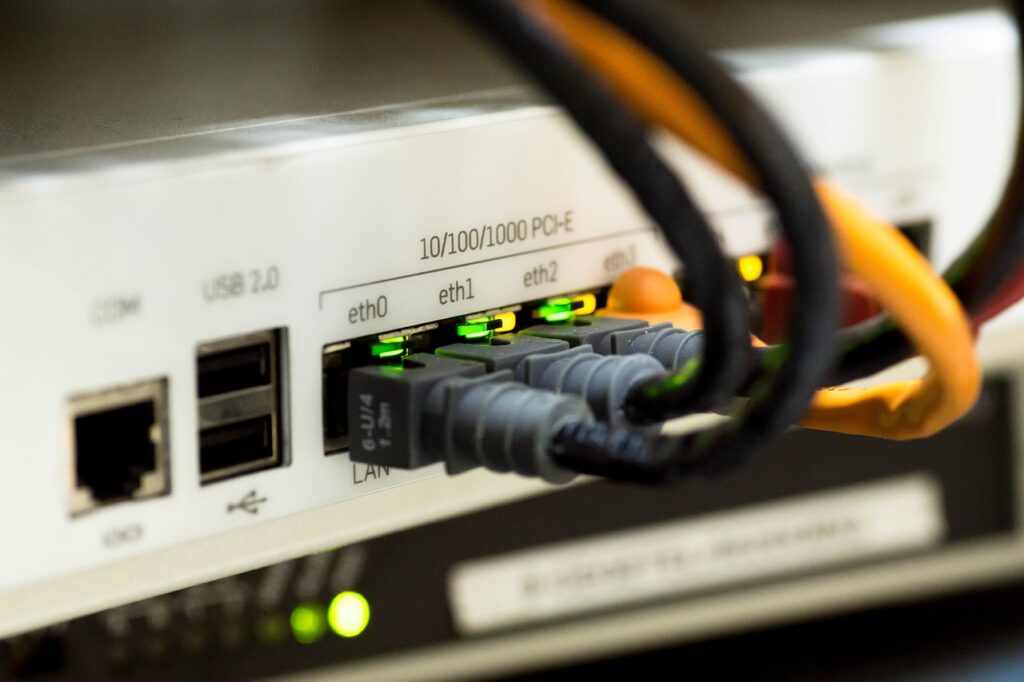Computer cables play a vital role in connecting devices in the digitally driven world today, allowing seamless communication and data transfer. Providing information about compatibility serves to answer common questions, especially in the UK where users are searching for such information. This guide lists the most common cable types and their uses.
HDMI for Video and Audio
High-Definition Multimedia Interface, or HDMI for short, cables are commonly used in the UK along with monitors, TVs, and projectors. These carry high-definition video and audio signals over one connection, which cuts down on clutter. For many UK households, HDMI cables are used to improve home entertainment. They are so popular for their support for 4K and even 8K resolutions.
USB Cables (Data and power)
USB (Universal Serial Bus) are multifunctional cords and have become a necessity to UK computer users. They link peripherals such as printers, keyboards and external storage devices. Common USB types are USB-A, USB-B, and USB-C, where USB-C is becoming popular for its speed and reversible design. UK shoppers generally want USB-C cables for phones, laptops and other modern devices.
Ethernet Cables (To Connect To Internet)
Ethernet cables are for that you will need for wired internet connections, which provide faster and more reliable speeds than Wi-Fi. Offices and gaming enthusiasts alike rely on Cat5e or Cat6 Ethernet wires to enjoy a hiccup-free internet experience. Highly suitable for large file transfers and streaming high-quality content.
Old monitors: VGA and DVI
VGA (video graphics array) and DVI (digital visual interface) cables are large in older computer systems. First off, VGA carries an analog video signal, while DVI is capable of transmitting both digital and analog signals, providing superior quality. These wires are also older but still used frequentl but are on the older side, and you may find them being used in schools and offices that have older equipment.
Display port cables for high-performance monitors
UK gamers and professionals enjoy the best video and audio quality, which is why DisplayPort would be the ideal cable choice. Higher refresh rates and resolutions come with that, and these cables are here for exactly that on next-gen rigs and other high-end monitors. Type B: DisplayPort technology adapters also connect to HDMI.
Thunderbolt Cables For Fast Data Transfer
(Since Thunderbolt cables combine data transfer, video output, and power delivery into a single connection, they come packed with various capabilities.) Thunderbolt are a popular choice for UK users with Apple products or top-tier computers. Fast speeds and daisy-chaining ability make them a high-end choice for professionals working with large files.
Audio Cables for Better Audio Quality
However, audio wires like AUX and optical are some of the most common used to connect speakers and headphones in the UK. Optical cables carry the digital audio signals, which is the best audio you will get from any home theatre system. For basic audio needs, AUX wires are a cost-effective choice that has stood the test of time.
Device Charging Power Cables
Power Cords Used for charging laptops, desktops, and other electronics. UK users tend to be on the lookout for power cables with compatible local plugs and sockets. Many retailers offers that comply with British safety standards.
Your knowledge will help you select the best cables as per the computing needs in the UK.


